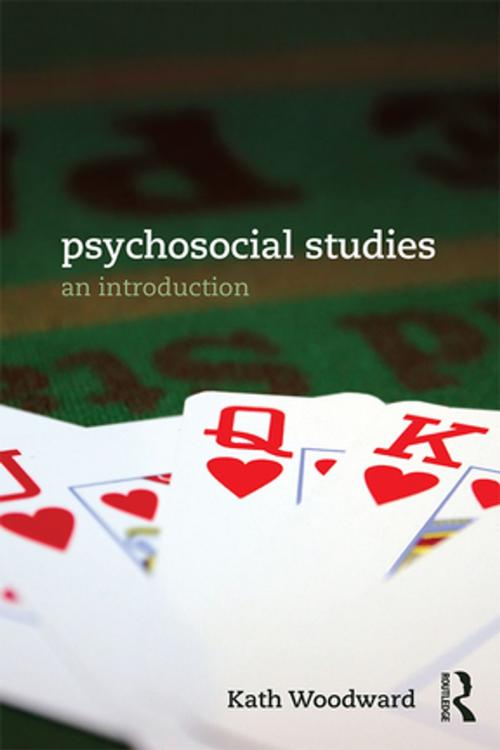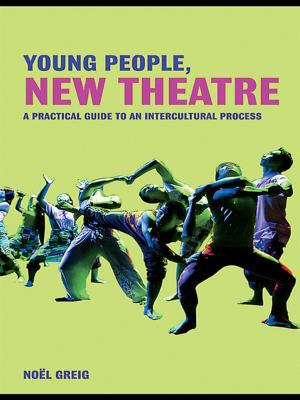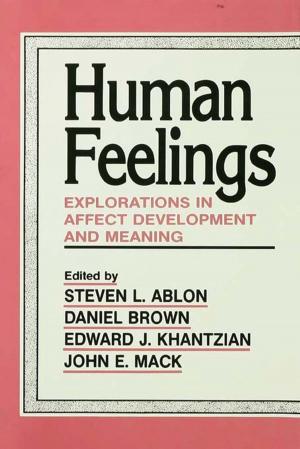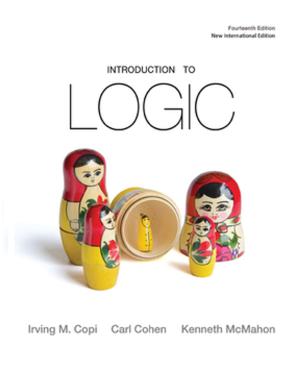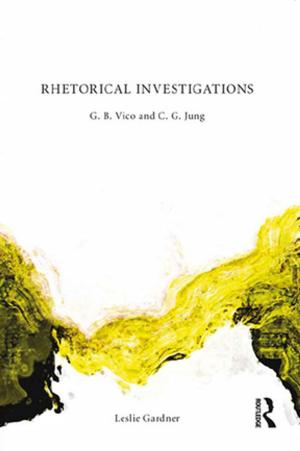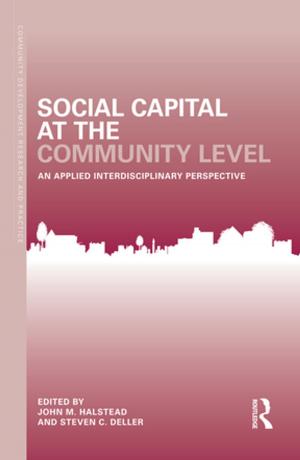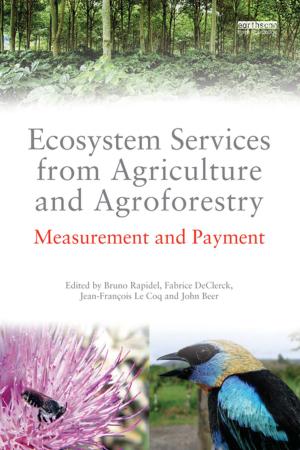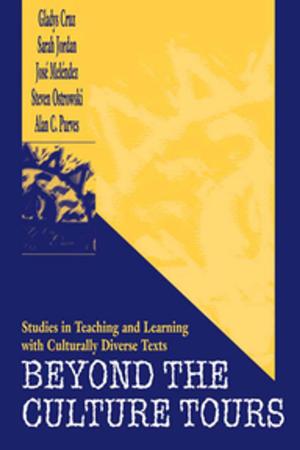Psychosocial Studies
An Introduction
Nonfiction, Social & Cultural Studies, Social Science, Sociology| Author: | Kath Woodward | ISBN: | 9781317964841 |
| Publisher: | Taylor and Francis | Publication: | February 26, 2015 |
| Imprint: | Routledge | Language: | English |
| Author: | Kath Woodward |
| ISBN: | 9781317964841 |
| Publisher: | Taylor and Francis |
| Publication: | February 26, 2015 |
| Imprint: | Routledge |
| Language: | English |
There is expanding global interest in the relationship between the psychological and the social. The bringing together of affect, emotion and feeling with social, political and cultural forces offers a creative, innovative and rich set of ways of understanding what Charles Wright Mills called the links between personal troubles and public issues.
This book is an introduction to psychosocial studies. Drawing on different approaches to the field, the book introduces the main theoretical influences on psychosocial studies and their development and impact, through – for example – concepts such as the unconscious, self and identity, affect, emotion and the cultural and social unconscious. It explores the theoretical frameworks of psychosocial studies, and psychosocial research methods. The book offers examples of case studies which illustrate the diversity of psychosocial studies and what makes it distinctive. It asks: what is social about the inner worlds of the psychological? What is psychological and psychic about social worlds and social life?
This clear, accessible introduction will be of interest to students and researchers across the social sciences and humanities, in particular in sociology, psychology, cultural geography, social policy and politics and cultural studies.
There is expanding global interest in the relationship between the psychological and the social. The bringing together of affect, emotion and feeling with social, political and cultural forces offers a creative, innovative and rich set of ways of understanding what Charles Wright Mills called the links between personal troubles and public issues.
This book is an introduction to psychosocial studies. Drawing on different approaches to the field, the book introduces the main theoretical influences on psychosocial studies and their development and impact, through – for example – concepts such as the unconscious, self and identity, affect, emotion and the cultural and social unconscious. It explores the theoretical frameworks of psychosocial studies, and psychosocial research methods. The book offers examples of case studies which illustrate the diversity of psychosocial studies and what makes it distinctive. It asks: what is social about the inner worlds of the psychological? What is psychological and psychic about social worlds and social life?
This clear, accessible introduction will be of interest to students and researchers across the social sciences and humanities, in particular in sociology, psychology, cultural geography, social policy and politics and cultural studies.
